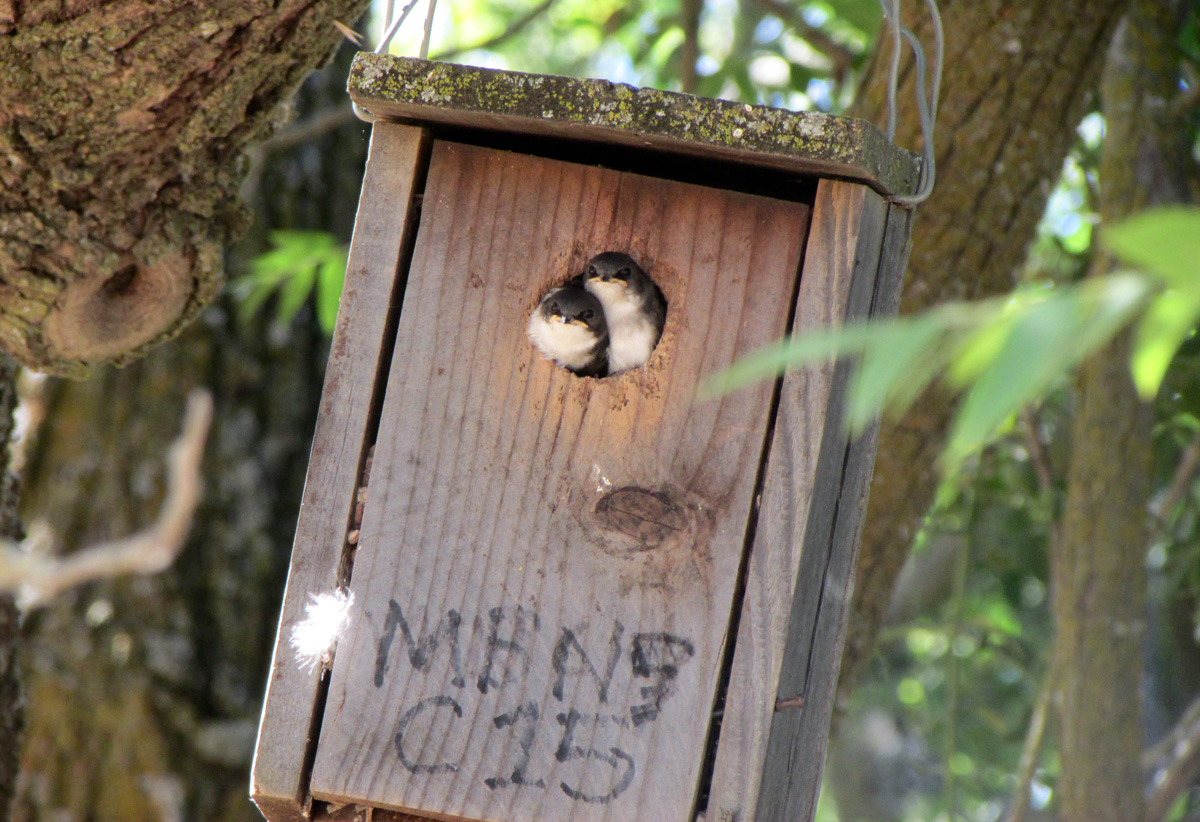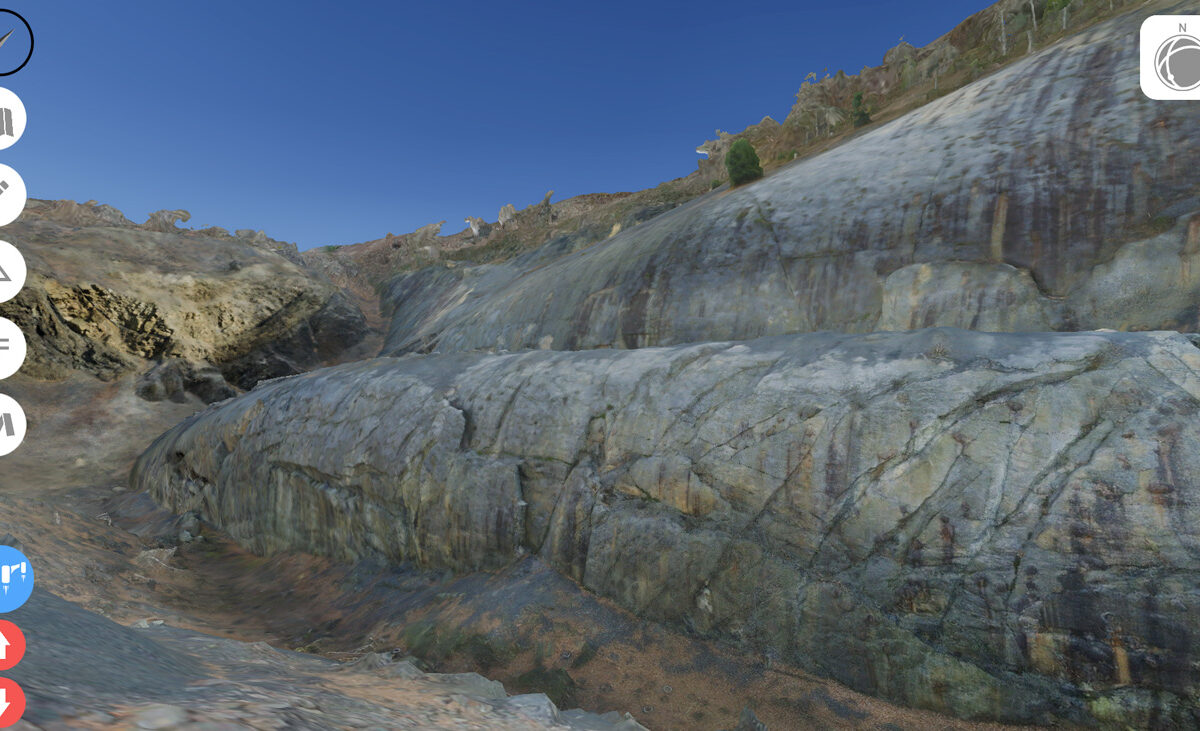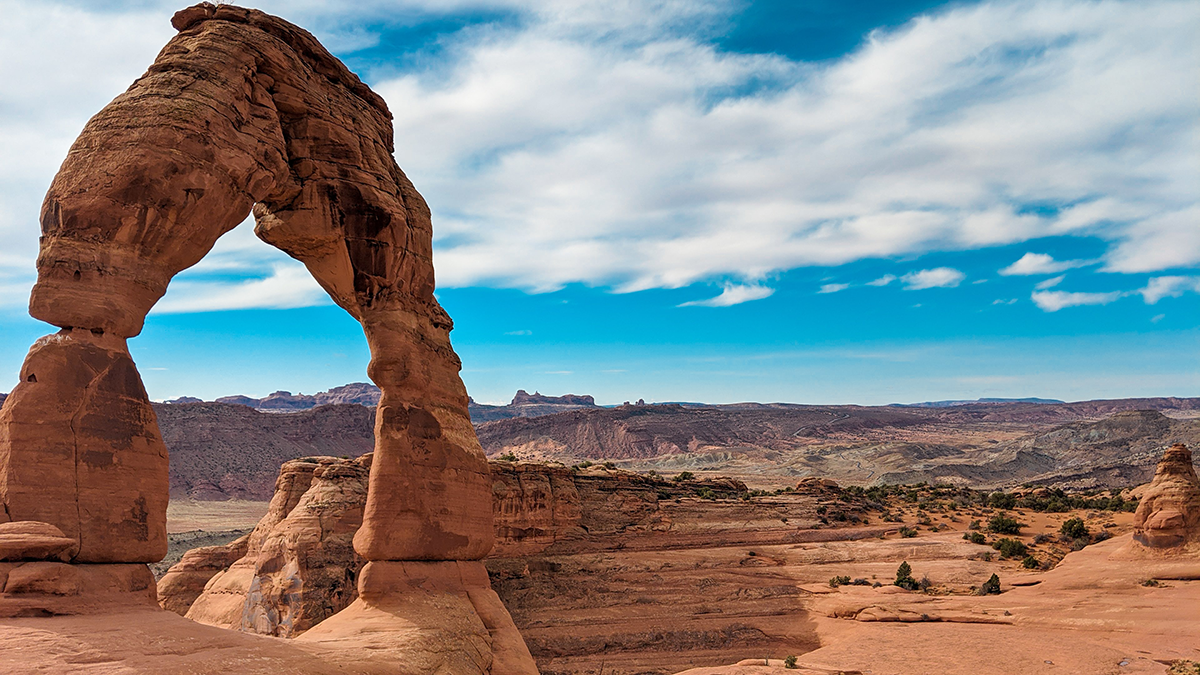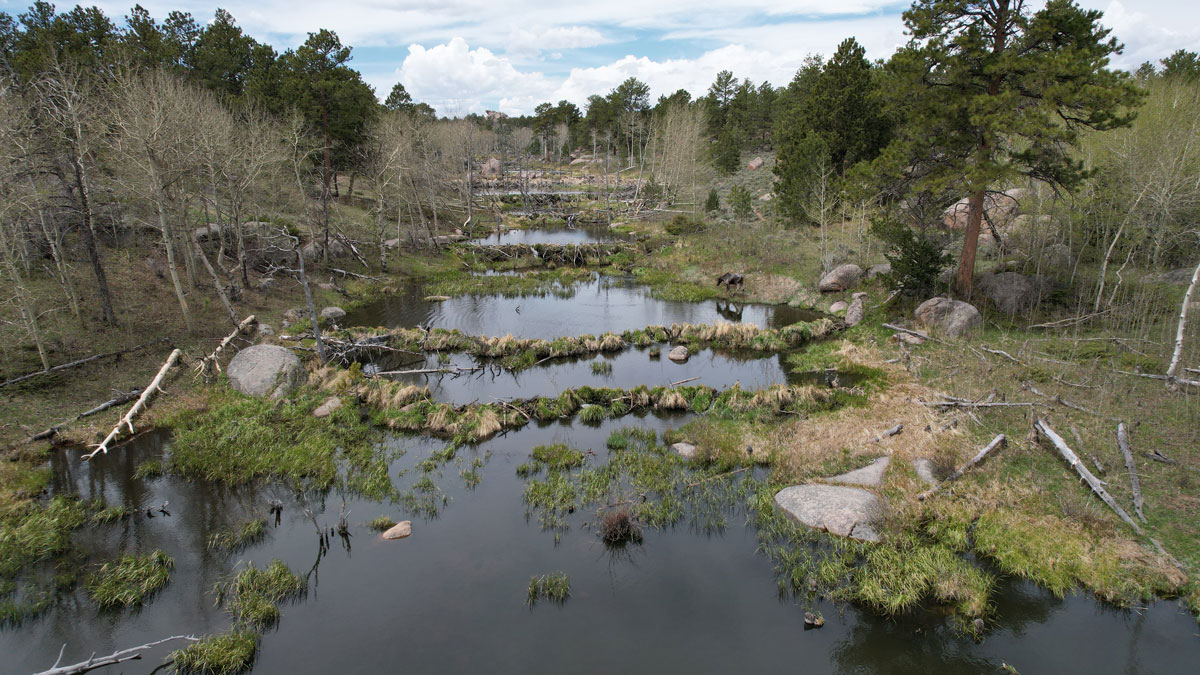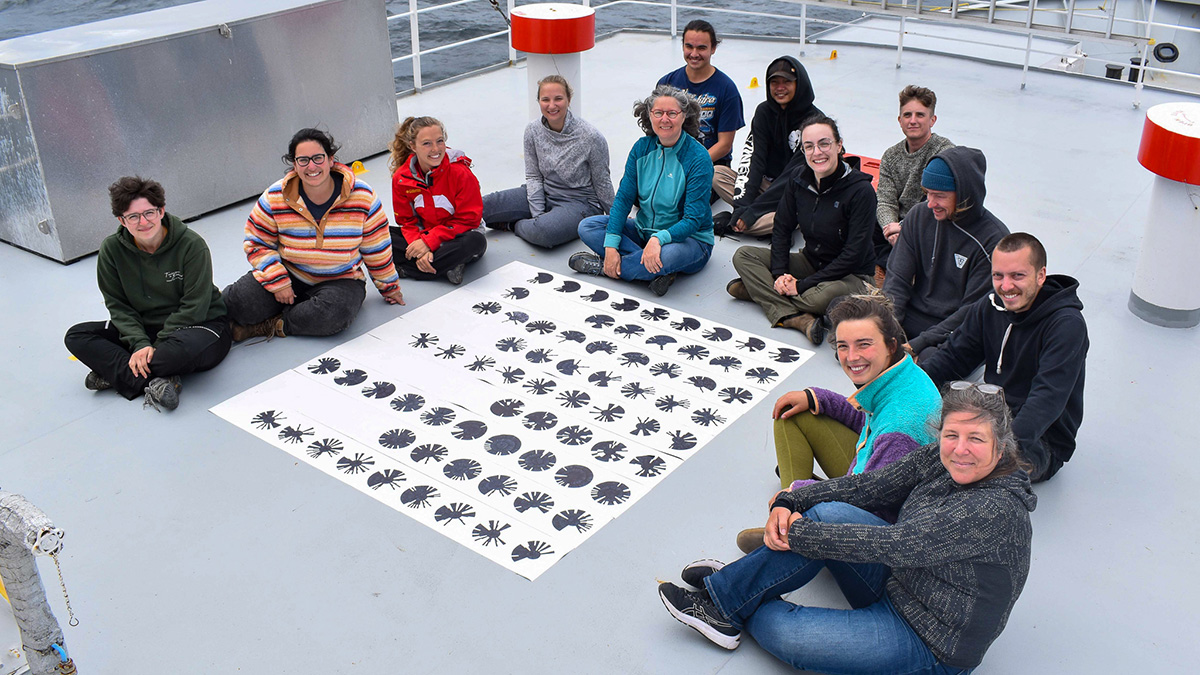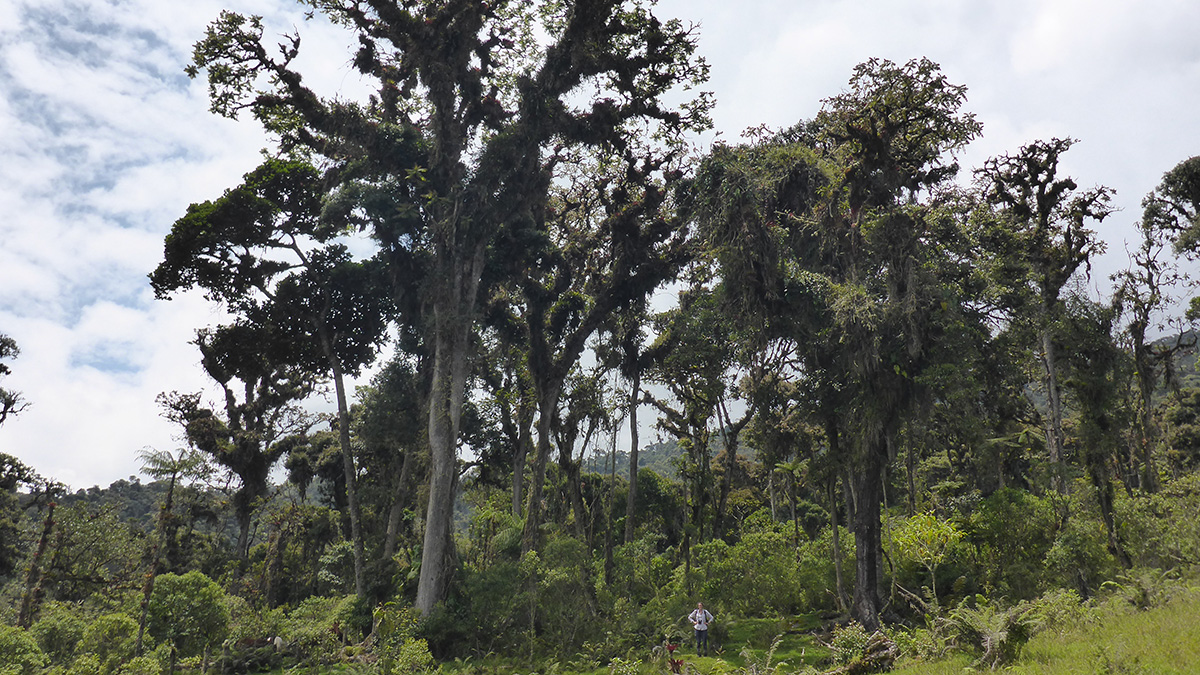A “nestbox highway” in California’s Central Valley is guiding songbirds to safe nesting sites and giving scientists a peek at fledgling success in a changing climate.
fieldwork
Baked Contacts Focus a Lens on Ancient Lava Flows
Two studies, conducted 40 years apart, show how combining field observations and thermal modeling can reconstruct the history of massive lava flows and how they altered the surrounding landscape.
The Rise of Gaming-Based Virtual Field Trips
Geologists are harnessing a game engine to build environments for teaching and learning.
Selectively Logged Forests Are Not Broken
Borneo’s logged forests are buzzing with life and have unrealized conservation potential.
How Can We Sample More Ethically?
Ryan-Davis and Scalice describe a path towards sampling more ethically, going beyond legal permitting requirements to engagement of Indigenous expertise and respect of peoples’ relationship to place.
Scientists EEAGER-ly Track Beavers Across Western United States
Efficiently tracking nature’s engineers—beavers—at the scale of entire watersheds over time is now possible, thanks to a new artificial intelligence–trained model called EEAGER.
Glacial Ice Offers Polar Bears a Precarious Climate Refuge
An isolated polar bear population in southeastern Greenland survives in fjords, despite spotty sea ice. But this pocket of bears is not a sign of how the species could be saved.
An Inclusive Approach to Oceangoing Research
The bread and butter of oceanography, sea voyages rarely include minoritized communities and nonscientists. The Inclusion Mission wants to change that.
New Cloud and Precipitation Data Over the Southern Ocean
New measurements show the macro- and microphysical characteristics of the clouds and precipitation over the data-space regions of the Southern Ocean.
Amazon Basin Tree Rings Hold a Record of the Region’s Rainfall
New research provides a 200-year reconstruction of interannual rainfall in the Amazon basin using oxygen isotopes preserved in tree rings in Ecuador and Bolivia.

